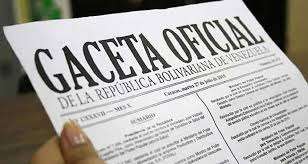Miguel Ángel Pichetto, a prominent Argentine politician and current national deputy, has generated an intense debate with his recent statements on the president’s right to veto Javier Milei and the possible consequences of its use.
In a recent interview, Pichetto warned that the Senate is close to reaching the two-thirds necessary to ratify the new retirement mobility formula that he vetoed Javier Milei, even if a Decree of Necessity and Urgency (DNU) is issued by the Executive.
Pichetto acknowledged that the president Milei has the constitutional right to veto laws passed by Congress. However, he stressed that this power is not without political and legislative consequences.
“The President has the right to veto, but that also has effects and consequences,” said the legislator. This statement highlights the delicate relationship between the Executive and the Legislative in the current context of Argentine politics.

The issue of pension mobility has been a significant point of conflict. The new formula, which seeks to adjust pension benefits in a more equitable and sustainable manner, was recently approved in the Senate.
Pichetto stressed that this legislative body is close to reaching the “special majority” of two-thirds, which would allow the law to be ratified even if the president decides to veto it. This situation reflects the ability of Congress to counteract executive decisions and underlines the importance of the balance of powers in a democracy.

Reviews
In addition to his comments on the veto, Pichetto criticized the president Javier Milei for his attitude towards Congress. According to the deputy, the president has attacked Congress and has neglected to support the Ley Bases, a fundamental legislation for the economic and social stability of the country.
“The Government must not dramatize, become angry, or attack Congress,” said Pichetto, stressing the need for a more collaborative relationship between the branches of government. The Ley Bases and the Fiscal Pact are two fundamental pillars of the current legislative agenda.


















